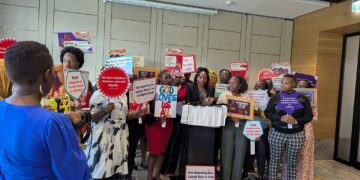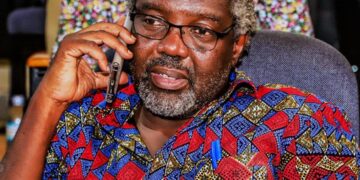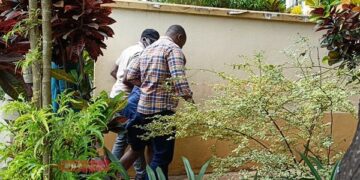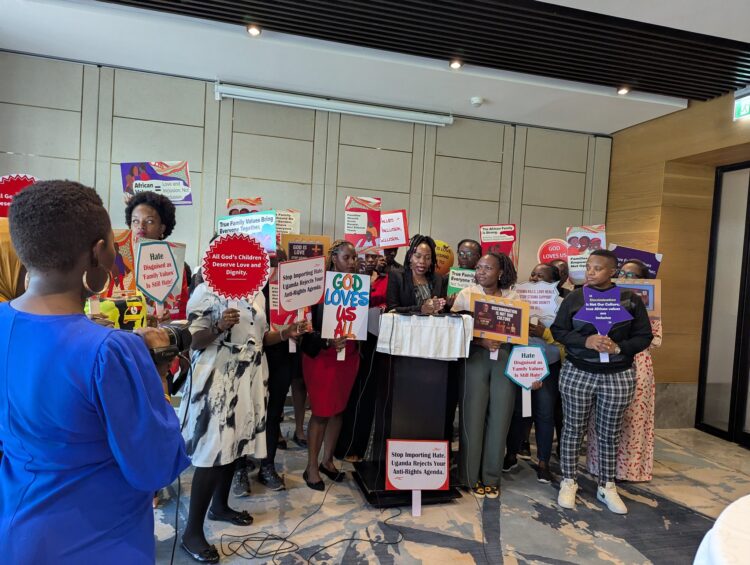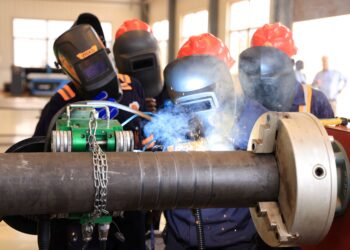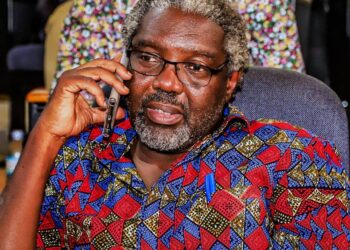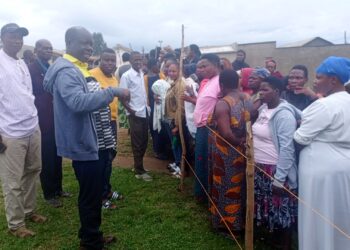By Leonard Kamugisha Akida,
KAMPALA
Women’s rights organisations across Uganda have raised alarm over the Inter-Parliamentary conferences on family values, warning the summit risk undermining decades of the country’s progress on gender equality under the guise of protecting “traditional” family structures.
The 3rd Inter-Parliamentary Conference on Family Values and National Sovereignty, is happening in Entebbe, Uganda from May 9 to 11, 2025, with the aim to gather lawmakers from across the continent to deliberate on embedding family values in legislation and governance.
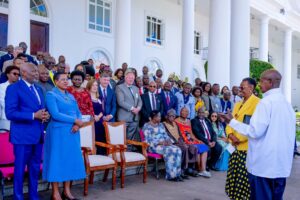
Funded by the Family Watch Africa, the continental branch of the Arizona-based Family Watch International (FWI), a homophobic, anti-choice, abstinence-only organisation designated as a ‘hate group’ by the Southern Poverty Law Center in the US for its anti-LGBTQ agenda, activists and civil society groups have questioned the hidden influence of faith, foreign dollars, and power on African policy.
These have denounced the meetings as platforms that “cloak patriarchal agendas in the rhetoric of morality and sovereignty.”
“While we are not opposed to critical discussions around strengthening families, previous conferences have produced resolutions that strip women and girls of their basic human rights and dignity and reinforced exclusion, discrimination and objectification using conservative family values as a vehicle,” read a joint statement released Thursday by different women’s advocacy networks.
According to the groups, such efforts often reduce women to roles of reproduction and caregiving, while shielding abusive family dynamics from legal scrutiny.
Pointing out the October 2023, Kenyan policy on Family Protection Policy, which curtailed no-fault divorce and making separation harder for women, the activists expressed concerns about the troubling rise in anti-gender legislation in African countries in recent years.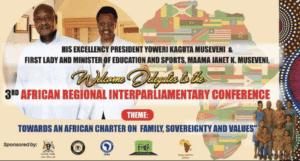
Uganda’s proposed National Family Protection Policy has also drawn criticism for ignoring the diversity of family units, including those led by single mothers, grandmothers, or children, and reinforcing a singular, Christian nuclear family ideal.
“These laws are setting up a dangerous political economy where women are seen only as vessels for reproduction and unpaid labour,” said an official from Women’s Probono Initiative.
Statistical evidence underscores the vulnerability of women within family settings. According to the Uganda Bureau of Statistics’ (UBOS) 2020 National Survey on Violence, 56% of Ugandan women have experienced some form of intimate partner violence. In addition, data from the Uganda Police Force crime report 2024, shows that over 10,700 domestic violence cases were reported by women. Additionally, the Uganda Police Force Crime Report 2024 indicates that more than 10,700 cases of domestic violence were reported by women.
Despite this, many of the proposed family policies make no provisions for increased protection or support for survivors.
Pan-African lawmakers at the summit have been urged to reject both local and foreign agendas that undermine rights in the name of “sovereignty,” and to support legislation that advances gender equality such as the Marriage Bill and the East African Sexual Offences Bill, by passing them and eliminating regressive provisions.
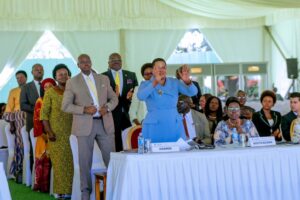
As part of their call to action to advance gender equality and protect women’s rights, the women’s groups issued six demands which they believe makes family work for both women and girls rather than marginalizing them. They are:
1. Revision of Uganda’s Marriage Bill of 2024 to eliminate regressive clauses.
2. Passage of the Sexual Offences Bill of 2024, with the removal of clauses that criminalise sex work.
3. Adoption of the EAC Sexual and Reproductive Health Bill without dilution.
4. Legal recognition of unpaid care work.
5. Prioritization and Expansion of national social protection programmes, particularly for single parents and vulnerable groups
6. Designing interventions to support families in balancing work and personal life responsibilities.
Furthermore, the activists called for full implementation of the African Charter and Maputo Protocol on women’s rights which Uganda is a signatory member.
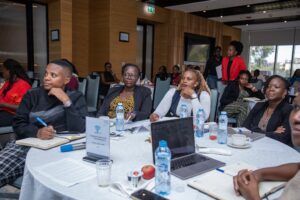
Grace Namata, an official from Akina Mama wa Africa said families should be a source of liberation not oppression, calling for families that work for all.
“Family values should not be about placing women and girls in subservient positions,” the statement concludes. “Families must be a source of liberation, not oppression,” Namata said.
Similar summit will also take place in for Nairobi, Kenya, from May 12th to 17th, 2025. However, reports from Nairobi show that there are dissenting voices from women rights activists and CSOs against this summit.
As African legislators gather under banners of tradition and sovereignty, the question remains whether they will honour the full dignity of all members of society or retreat into policies that confine women to the margins of their own homes.
